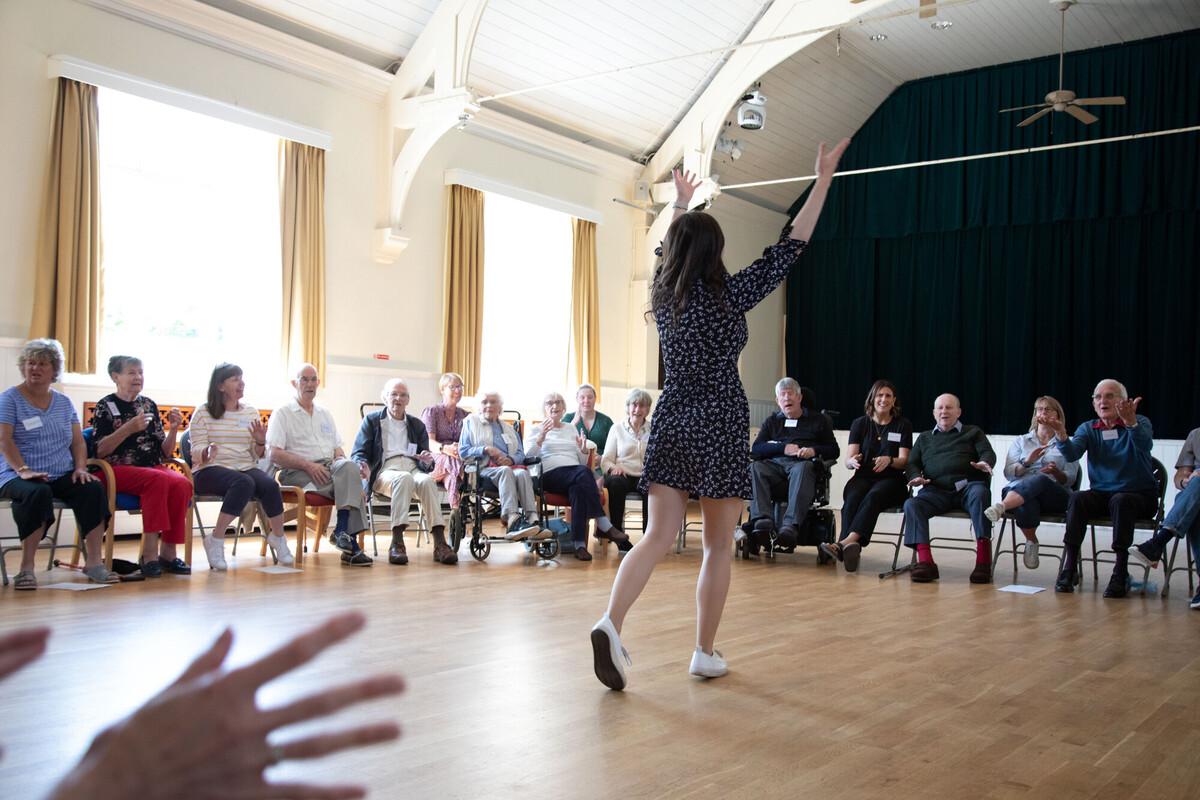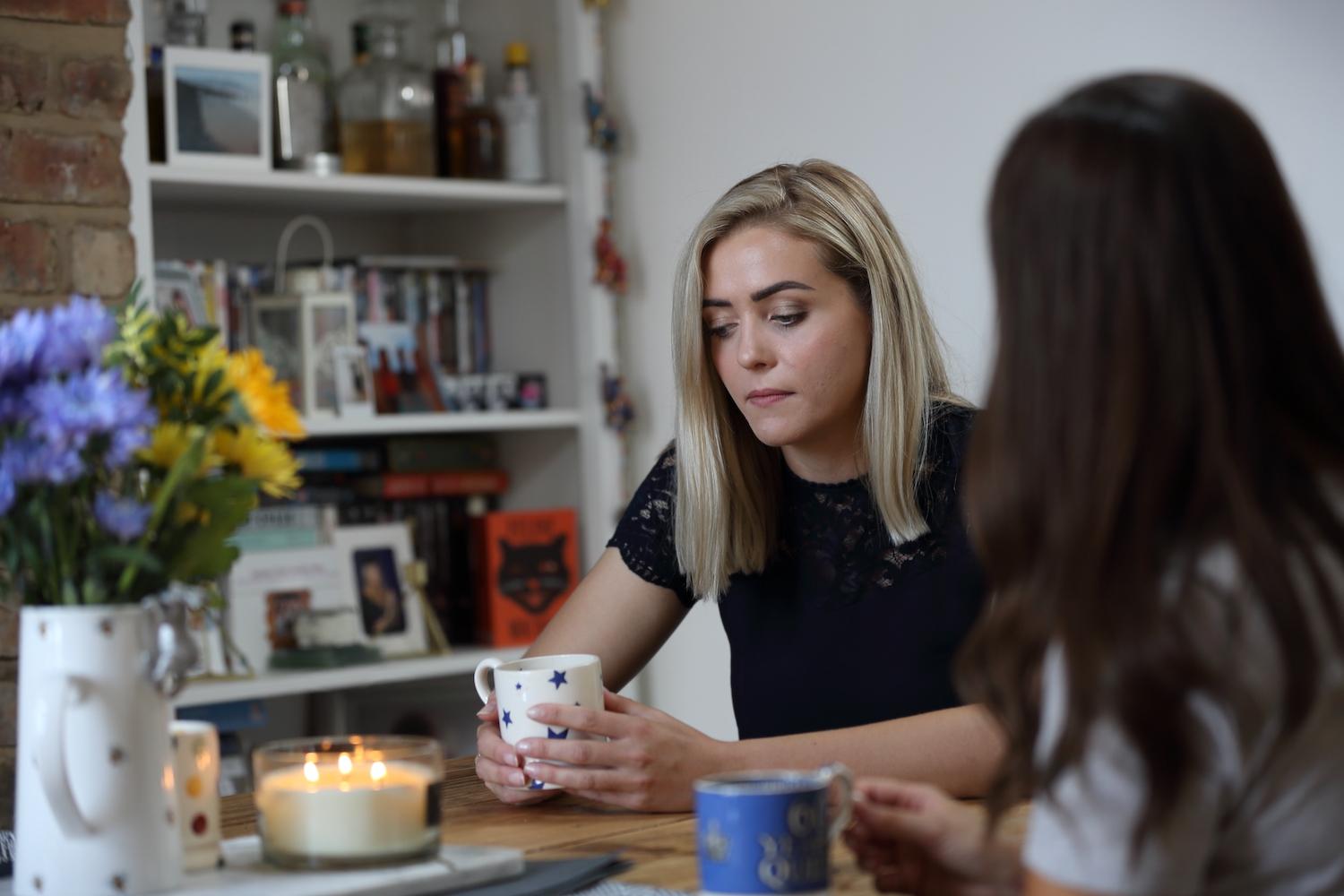Doing something you love, for fun, relaxation or learning, can help you feel good, assist your recovery and enjoy life. Find out more in this article about hobbies you can get involved in following a stroke.
Having a hobby is an important part of a lot of people's lives. And that importance doesn't go away after a stroke. In fact, hobbies can take on even more meaning following a stroke.
Doing something you love, for fun, relaxation or learning, can help you feel good and assist your recovery.
In this blog, I'm going to be talking about overcoming physical challenges with your old hobbies. I'm also going to suggest a few new hobbies, for people looking to try something a bit different.
The real, physical challenges
If you are finding it difficult to go back to your old hobbies, a good first step is to speak with an occupational therapist. They may have suggestions or assistive technologies that you can use to continue enjoying your favourite hobby.
You may also find that people on the My Stroke Guide forum have ideas and suggestions. Many people on our forum share their experiences with finding new ways to enjoy their hobbies and interests following their stroke, including baking tips and where to find knitting or crocheting aids.
You can find these discussions by clicking this link to view the Hobbies and Interests section.
Sometimes, however, there will be physical challenges that temporarily or permanently stop you enjoying a particular hobby. But this doesn't mean you have to turn your back on it.
For example, if you enjoy playing football, but find yourself unable to participate at the level you used to, there are walking football clubs that you may still enjoy. Click to read more about the benefits of walking football.
Alternatively, if you have always enjoyed fell walking or rambling, ask yourself what you enjoyed about your rambles. If it was the physical exertion, could you start with shorter, local walks? Or if it was more about the nature, is there a local reserve you could go to and enjoy a bit of bird watching? Or just sit back and enjoy the extraordinary views of the British landscape?
But don't take my word for it. Watch this video to hear how other stroke survivors have found new ways to approach their hobbies (and, in some cases, found new ones).
Picking up a new hobby
If you don't feel like going back to your old hobbies or are just looking for something new in general, why not try one (or all) of these?
Cooking and baking
Many of the stroke survivors on the forum share pictures and stories about their most recent successes (and occasional failures) in the kitchen. You can head over to the forum (click this link to go straight to the hobbies category) and read more about it.
In the run up to the holidays, there's a lot of fun you can have with baking and cooking. Especially if there are kids in your life to get involved with the decoration. After all, who doesn't enjoy decorating (or eating) the odd gingerbread man?
You may also want to watch Colin's video on different aids you can use to support you in the kitchen.
Arts and crafts
As Grayson Perry showed us all during that first lockdown, you don't have to be a classically trained painter to enjoy stretching those creative muscles.
You could try a bit of photography. Don't worry about the expensive camera, a smart phone or basic digital camera can be the perfect place to start. Photography is a great way to get out and enjoy the scenery around you, whether you live in a city or the countryside.
If photography isn't your thing, a sketch pad and some watercolours or pencils can turn your fruit bowl into a work of art. It can be a great way to channel your emotions and just have a bit of fun. Art therapy has been used in many hospitals as a way to support stroke recovery.
Gardening
Hmm, maybe this one can wait until it's a little warmer! But once that frost has disappeared, gardening is a great way to connect with nature and add a touch of colour to your home.
Whether you want to tackle a large space or just a few containers, you can click this link to learn a bit more and watch some videos on gardening after your stroke. These videos were produced in partnership with Dobbies' Garden Centre to provide practical advice for stroke survivors.
If you want to try out a bit of gardening before spring arrives, we've even got a video on how you can build your own indoor, succulent terrarium.
Reading and writing
My last suggested hobby is my own personal favourite. And no, it's not just for schoolkids!
Reading is an easy way to take a bit of time for yourself and enjoy a bit of an escape. If you struggle with the size of the text, ask your local library or bookshop about getting large print copies. Alternatively, most ebook readers have settings to increase the size of the text.
Or, if you prefer, you can always look to audio books to get a great performance to go along with the story.
If, like me, you start to feel like you've read everything out there, why not try your hand at writing something? Start small, a short story or some poetry. It's another great way to flex those creative muscles.
There's lots of assistive technology out there if you want to get into writing. This includes speech recognition software or predictive text. Either of these options can make the whole process a lot less labour intensive.
Conclusion
Remember, hobbies are meant to be fun. So if you aren't enjoying a new (or old) hobby, you can always try something else.
If you're looking for more information on hobbies and leisure after your stroke, you can find it by clicking here.
Other blogs in this category

Community, connection and coping - support for your mental health after stroke
Having stroke can impact on your daily life, relationships, and…
Learn more

Feelings of grief after a stroke
The process of coming to terms with a stroke diagnosis can be…
Learn more
